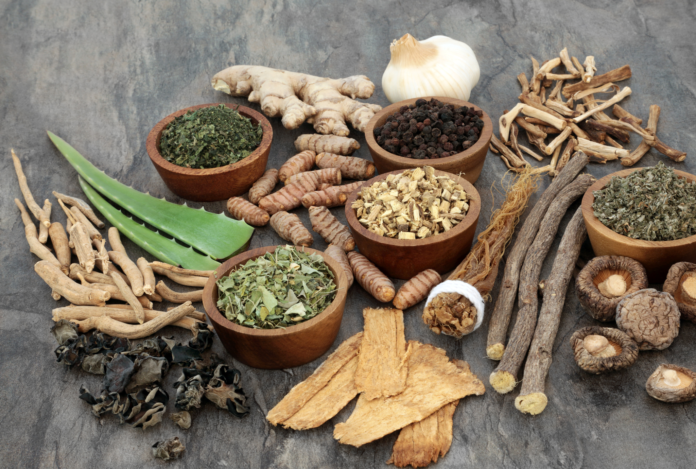Joint pain can significantly affect your quality of life, making even simple tasks challenging. While medical treatments are often necessary, incorporating certain herbs into your diet may help alleviate discomfort and reduce inflammation. Here are seven powerful herbs known for their anti-inflammatory properties and their ability to support joint health.
Ginger (Zingiber officinale)
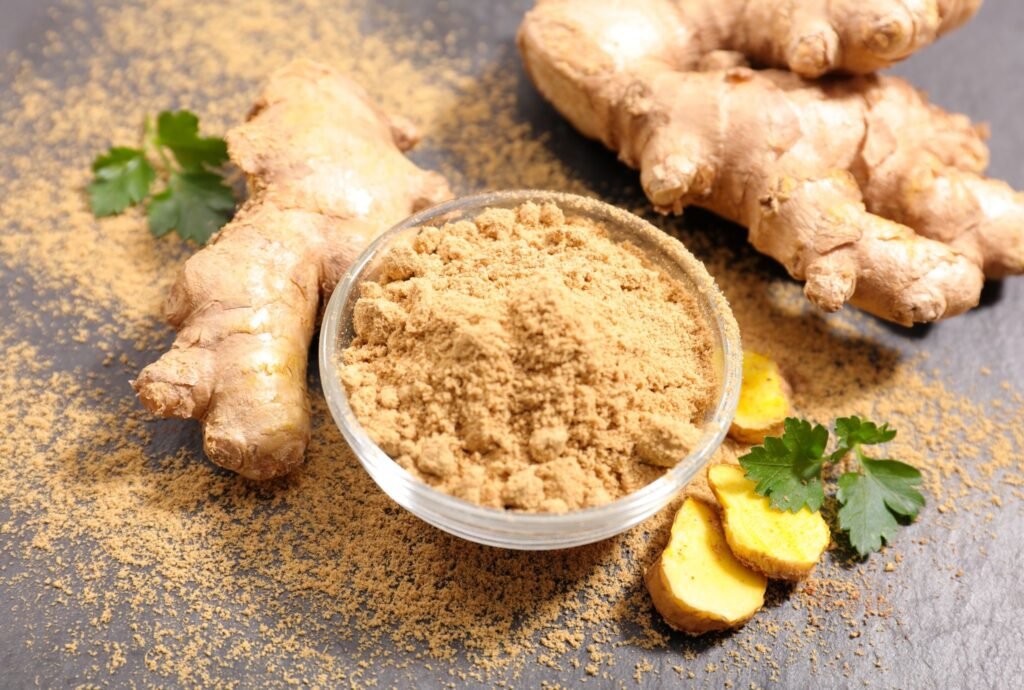
Ginger is more than just a flavorful spice; it has a long history of use in traditional medicine for treating colds, migraines, nausea, and arthritis. Its anti-inflammatory benefits come from active compounds like gingerol, shogaol, zingiberene, and zingerone.
Research shows that ginger supplements can significantly reduce inflammation markers such as C-reactive protein (CRP) and tumor necrosis factor-alpha (TNF-α). To incorporate ginger into your diet, use it fresh or powdered in your cooking. For targeted joint pain relief, consider using ginger extracts internally or topically.
Garlic (Allium sativum)
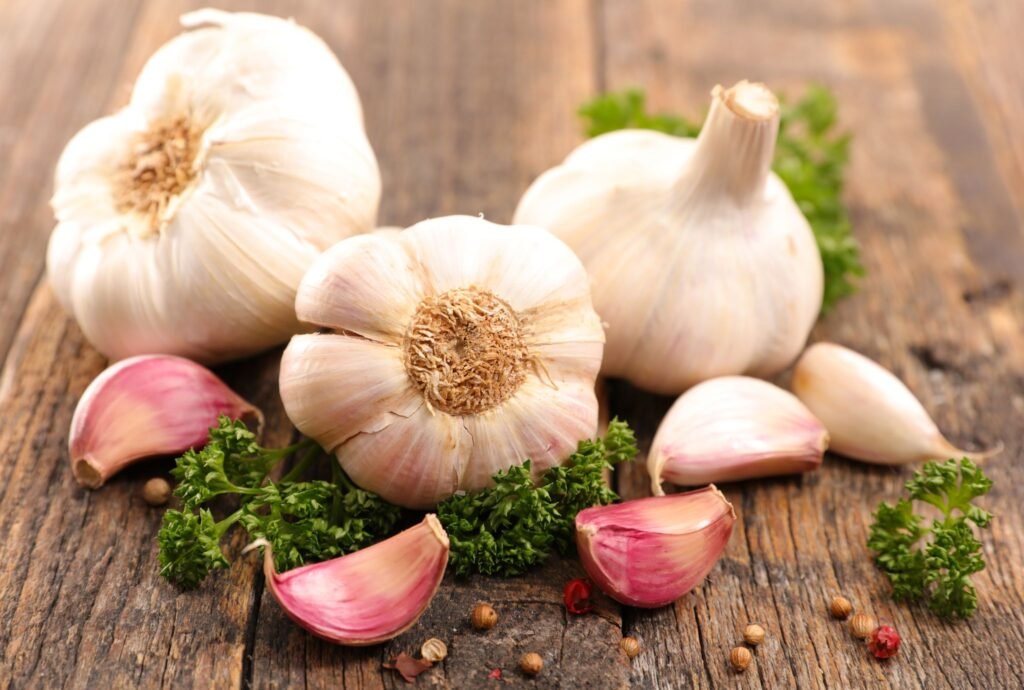
Known for its strong flavor and aroma, garlic has been used for centuries in traditional medicine to treat various ailments, including arthritis. Garlic’s sulfur compounds, such as allicin and diallyl disulfide, have potent anti-inflammatory effects.
Studies suggest that garlic supplements can lower CRP levels, an inflammatory marker. Adding fresh garlic to your dishes is an easy and flavorful way to reap its health benefits.
Turmeric (Curcuma longa)
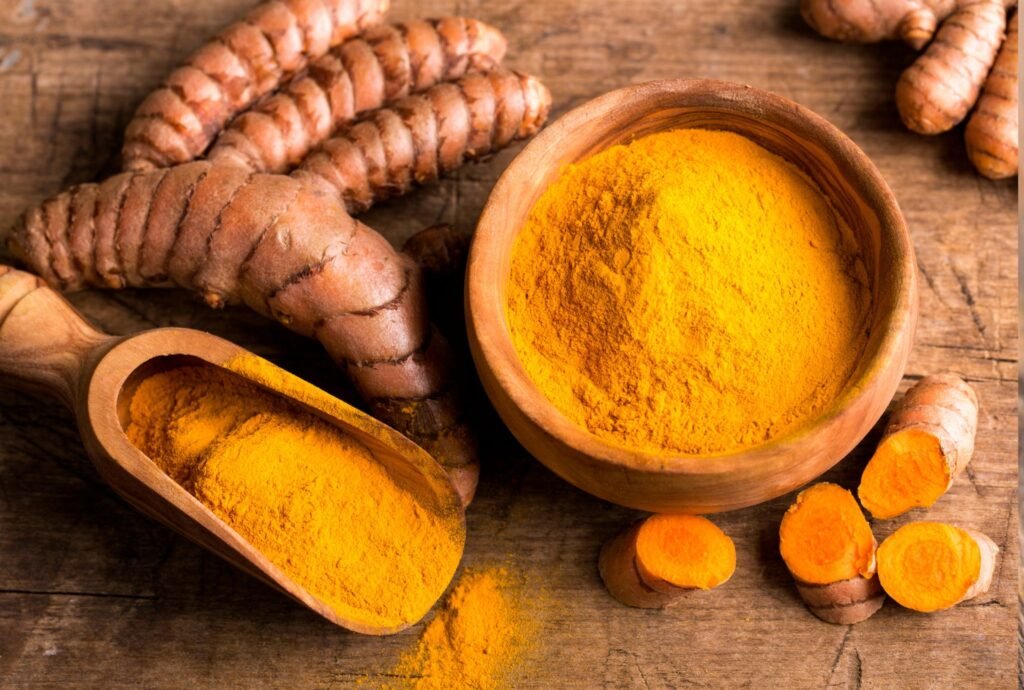
A staple in Indian cuisine, turmeric owes its anti-inflammatory power to curcumin, its active compound. Curcumin blocks NF-κB, a molecule that promotes inflammation, making it an effective natural remedy for joint pain.
To enhance curcumin absorption, pair turmeric with black pepper. Black pepper can boost curcumin absorption by up to 2,000%. Use turmeric in curries, soups, and stews, or opt for curcumin supplements with black pepper extract.
Cardamom (Elettaria cardamomum)
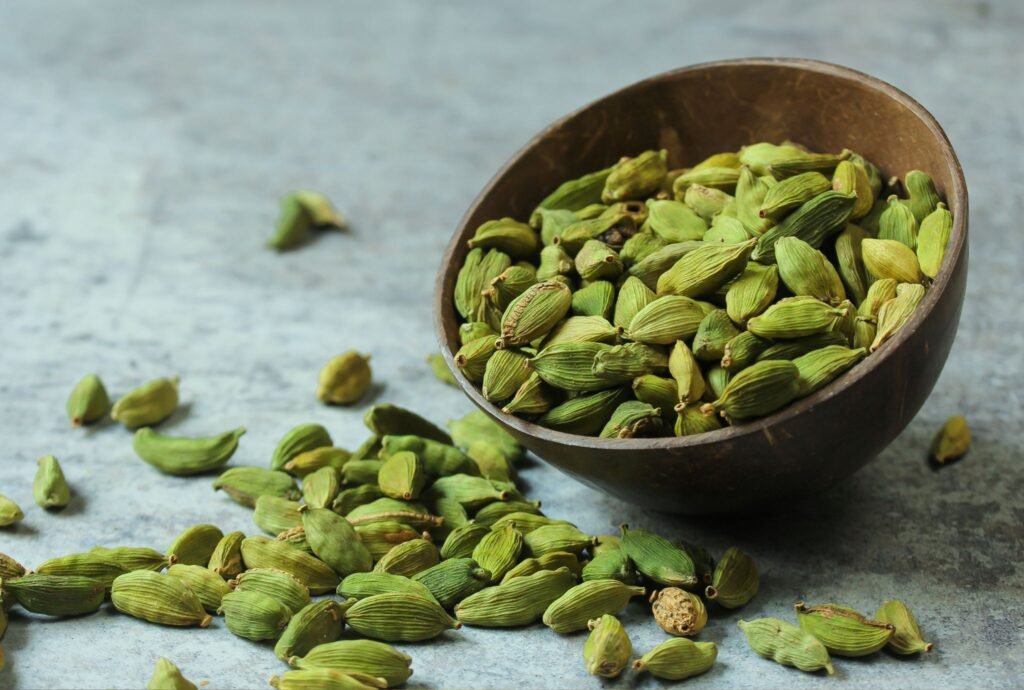
This sweet and spicy spice from Southeast Asia is not just a culinary delight but also a natural anti-inflammatory agent. Research shows that cardamom supplements can lower markers like CRP and IL-6, helping reduce joint pain and inflammation.
Try adding cardamom to curries, stews, and other savory dishes to enjoy its health benefits.
Black Pepper (Piper nigrum L.)
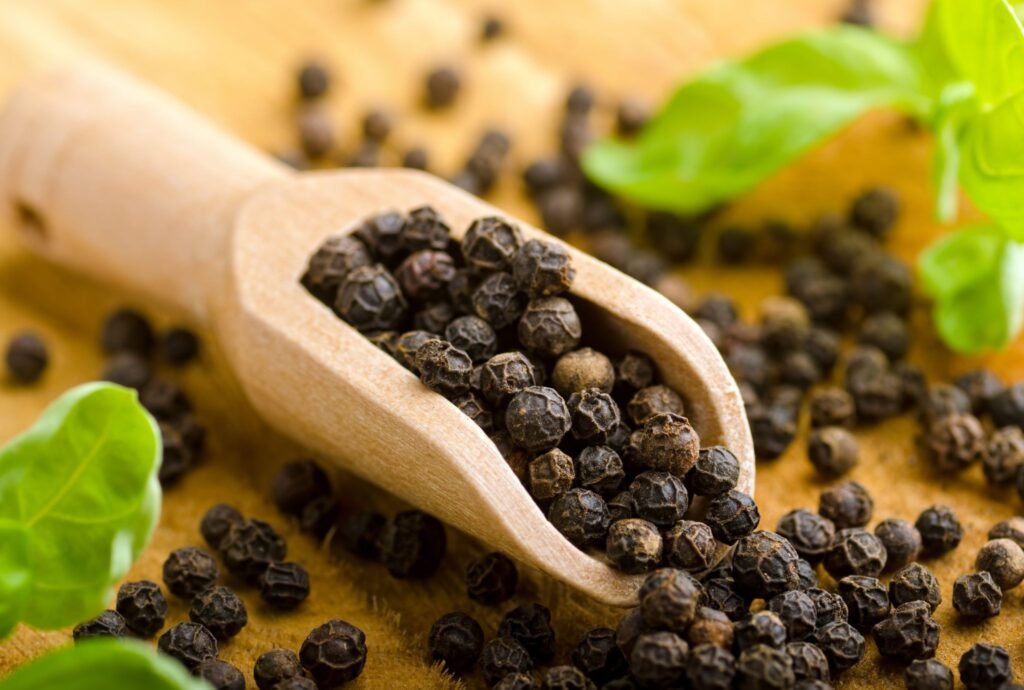
Often called the “king of spices,” black pepper contains piperine, an active compound with potential anti-inflammatory properties. Though human research is limited, animal studies have shown that piperine can reduce joint swelling and inflammation.
Incorporate black pepper into your meals as a seasoning to effortlessly include it in your diet.
Ginseng (Panax ginseng and Panax quinquefolius)
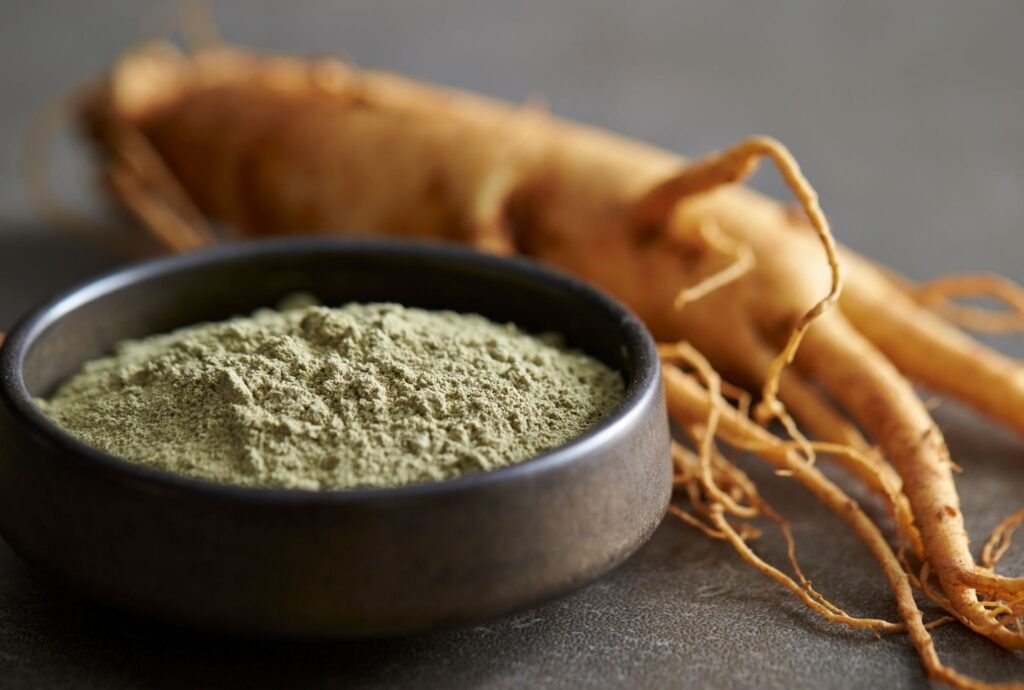
A staple in Asian traditional medicine for thousands of years, ginseng is known for its numerous health benefits, including anti-inflammatory effects. Studies indicate that ginseng supplements can lower inflammatory markers like CRP and IL-6, providing relief from joint pain.
You can consume ginseng by brewing its roots into tea, adding it to soups and stir-fries, or taking ginseng extract supplements.
Green Tea (Camellia sinensis L.)
Green tea is celebrated for its numerous health benefits, thanks to its rich polyphenol content. Epigallocatechin-3-gallate (EGCG), a key compound in green tea, has strong anti-inflammatory properties and may reduce inflammation linked to conditions like ulcerative colitis and Crohn’s disease.
Brew a comforting cup of green tea, or explore matcha powder and green tea extract supplements for a concentrated dose of its health-promoting compounds.
Conclusion
Adding these herbs to your diet can be a natural way to fight joint pain and reduce inflammation. From turmeric and ginger to garlic and green tea, these herbs not only enhance the flavor of your meals but also offer significant health benefits. However, always consult with your healthcare provider before starting any new supplements, especially if you are on medications or have existing health conditions.
Incorporate these herbs into a balanced diet, combined with regular exercise, to optimize your joint health and overall well-being. Small dietary changes can lead to big improvements in managing joint pain.



